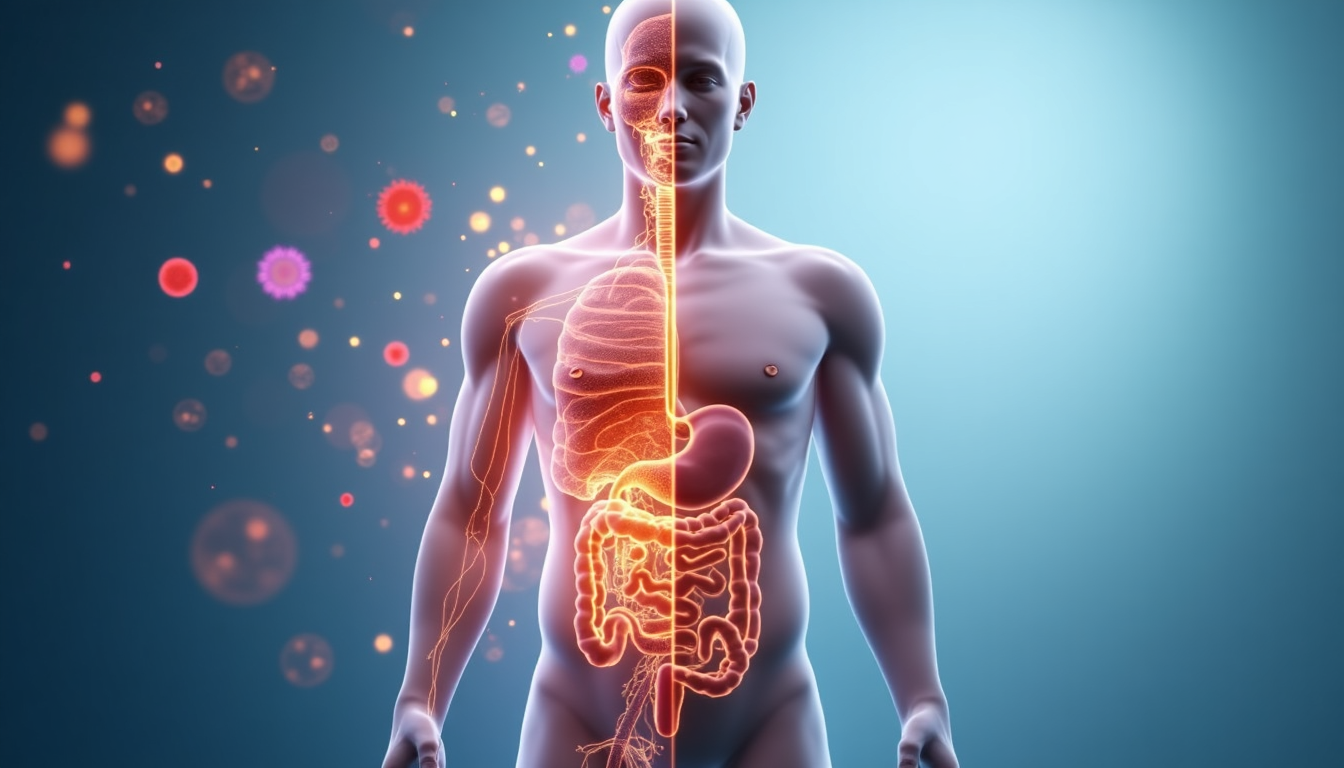
Hormone Imbalances and Sleep: Why Cortisol and Progesterone Matter
Hormone imbalance and sleep is often an overlooked relationship when considering sleep problems. Difficulty falling asleep, waking in the night, or feeling unrefreshed in the
An independent report by the Scientific Advisory Committee reviewed the links between meat consumption and bowel cancer. It suggested those who eat at least 90g of red or processed meat a day faced higher levels of the disease. This is significant as bowel cancer kills around 16,500 people in the UK every year.
The DoH has now recommended that consumers cut their consumption to eat 2.5 oz (70g) of red or processed meat a day – the equivalent of three rashers of bacon. The weekly recommended limit is likely to be 1.1 lb (500g), the same as eating a large pack of minced beef, two 8oz steaks or four 4oz pork chops.
With the British classic ‘meat and 2 veg’ dinner plate it can be easy to forget that there is a whole variety of protein sources to choose from to obtain a balanced diet, limiting reliance on red meat.
Lean White meat
Chicken, turkey and game are great sources of protein. When you can opt for organic meat to reduce your exposure to pesticides and to help keep your intake of saturated fat low don’t eat the skin and remove this before cooking. Eating more turkey is also good for the waist line as it is so low in fat plus it can boost mood as it contains the amino acid tryptophan which is needed by the body to make serotonin which hep to lift mood.
Organ meat
These include liver, kidney and heart. As well as a protein source liver also contains iron, copper, B vitamins, Vitamin A & C. Pregnant women should avoid too much Vitamin A and therefore should avoid Liver unless advised to eat this by their GP.
Eggs
A great source of very digestible and absorbable protein along with being a great source of Iron and B vitamins. Eggs make great breakfasts, scrambled or poached, easy snacks when boiled and great lunches when added to quiche or as a simple quick and nutritious dinner stuffed with veggies of your choice an omelette is a winner.
Beans & Pulses
Beans and pulses are good sources of vegetable protein as well as providing plenty of fibre and being rich in the minerals calcium, magnesium, phosphorous, potassium and folic acid. Add any of the following to soups, stews, curries or salads – lentils, chickpeas, aduki beans, pinto beans, haricot beans, butter beans, kidney beans, mung beans, cannellini beans, soya beans and split peas.
Quinoa
Although this is classed as a grain Quinoa is also a good complete protein source. You can sue quinoa grain like couscous or rice or quinoa flakes make a great porridge of savoury crumble topping.
Tofu
Tofu (Soya bean curd) also contains potassium, calcium, magnesium, vitamin A and vitamin K as well as being a complete protein. It works well if you marinade it with strong flavours and add it to stews, curries, soups and personally I like it grilled until a little bit crispy and then and added to salad.

Hormone imbalance and sleep is often an overlooked relationship when considering sleep problems. Difficulty falling asleep, waking in the night, or feeling unrefreshed in the

‘Detox’ has become one of the most misunderstood concepts in modern wellness. For many people, it brings to mind juice cleanses, restrictive diets or short-term resets promising quick results. Yet the body’s true detoxification systems are far more complex — and far more intelligent — than any cleanse.

Anxiety and gut health are closely linked through the gut–brain axis. Research suggests the gut microbiome, neurotransmitters and genetics may influence stress responses and emotional well-being. Exploring gut microbiome and nervous system insights can help build a more personalised understanding of anxiety.

Strange symptoms can puzzle anyone. Your body might show signs ranging from headaches and skin rashes to digestive problems and anxiety. Doctors sometimes struggle to explain these mysterious health issues that affect millions of people worldwide.
Please do not return samples to the laboratories that may arrive after Wednesday 27th March and up to and including Monday 2nd April.
The laboratories are closed from the 28th March – 2nd April for the Easter Holiday.